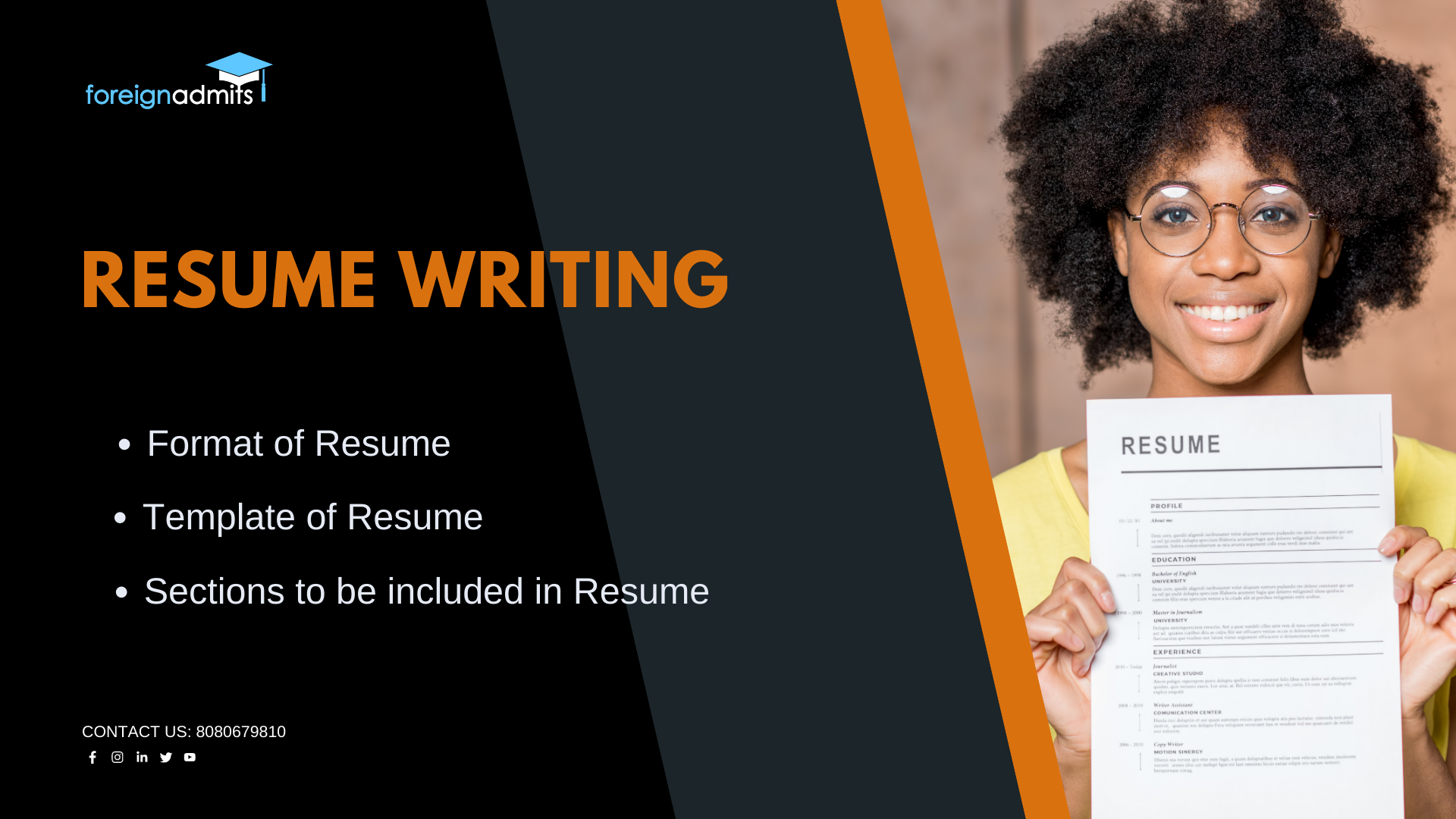In a world full of competition, a candidate aspiring to land a great job need to perform well. And by performing well, we mean, having an excellent resume for himself or herself. In today’s world, no matter how excellent you are in your academics, recruiters search for a candidate with an excellent resume. Why? Because no recruiter wants to spend time asking you about what you like or don’t like in a face to face interview for long. Instead, they run your resumes through automated systems or ATS to save their time. Thus, knowing resume writing for a candidate is of utmost importance.
[widgets_on_pages id=”Resumes”]
What is a resume?
Upon searching the popular search engines, one can define a resume as “a document used and created by a person to present their background skills, and accomplishments.”
The whole idea behind resume writing is to give your future employer or your future university an idea of who you are, what you do, what have you done before, and what you want to do in the near future. Thus, a resume is a document stating your academic and professional details.
Why do you need a resume?
A resume maybe just a piece of document, but ideally, while applying for a job, your resume should speak for the skills you have. Thus, you can’t neglect resume writing, saying that you can always manage with an ordinary-looking resume template. Writing a resume for yourself will help you gain an advantage over the rest of the candidates.
A well-written resume will attract the attention of your recruiter, whether it is for a company or a university. If you are aspiring to join any foreign university, more often than not, you will need to submit a resume. A well-written cover letter will help the university officials understand you as a candidate. For example, whether you are the right fit for the particular course you have opted for will be determined by your resume. Also, through your resume, one can understand if you have prior experience in a particular field.
What is the ideal format for a resume?
Since you will be using your resume to meet professional requirements, your resume needs to look and feel professional too. In order to get selected in your dream university, your resume format should stand out. Thus, your resume makes or breaks the deal for you!
Choosing the Template
This is the part where resume writing gets tricky. The template of your resume needs to reflect the course profile you are applying for. Moreover, your resume should ideally be 1 or 2 pages long. Don’t even think of making your resume longer than that, because the truth is told, nobody will read it.
Choose a font that reflects professionalism. Instead of going for funkier looking fonts, stick to Times New Roman. Also, remember to set your font size between 10 to 12. If you choose a font that is bigger in size, you will end up increasing the pages of your resume.
Don’t indulge in using any graphic designs, motifs, or patters on your resume. Shifting concentration from the content of the resume to the design of the resume will only result in your rejection. Nobody wants that, right?
Also Read About Top 10 Universities For Civil Engineering
Formatting the Template
Make sure that your resume template has enough white spaces. By white spaces, we don’t want you to leave your resume nearly blank. White spaces refer to the margins of your resume and the spaces between two consecutive sections. Refrain from arranging one section on top of the other. Give an adequate amount of space between two sections so that your resume looks clean and presentable.
Try to divide the big paragraphs into smaller ones. This practice will prevent the person, reading your resume, from getting lost. If you write lengthy paragraphs, it will only end up being one of the reasons for your rejection.
Also read About : Time Saving Tips while writing essays
What are the sections to be included in a resume?
If you are writing a resume, make sure to include the below-mentioned sections. Otherwise, you will end up having an incomplete resume.
- Contact Information
- Summary
- Education History
- Work Experience
- Leadership & Volunteering Experience
- Awards & Certification
- Projects
- Skills
[widgets_on_pages id=”Resumes”]
Common Resume Writing Mistakes
Resume writing is an easy affair only if you follow the above-mentioned guidelines. However, as a candidate, you must strictly avoid making the following mistakes in your resume.
- Proofread your resume not just once or twice, but at least three times. Constant re-checking will eliminate the possibilities of any spelling error or grammatical mistakes.
- Refrain from giving any personal information in your resume. No one wants to know where you live, i.e. your home address. A simple phone number, email address, and a Linkedin profile link will do more than justice to your resume.
- Keep no place in your resume for your caste, religion, nationality, or political beliefs. If you don’t want your resume to be outright rejected, refrain from including such controversial details about yourself.
- Do not keep any place in your resume for your photograph or signature. Selection procedures don’t depend on how fashionable your signature is or how photogenic you look in your photograph.



Leave a Reply